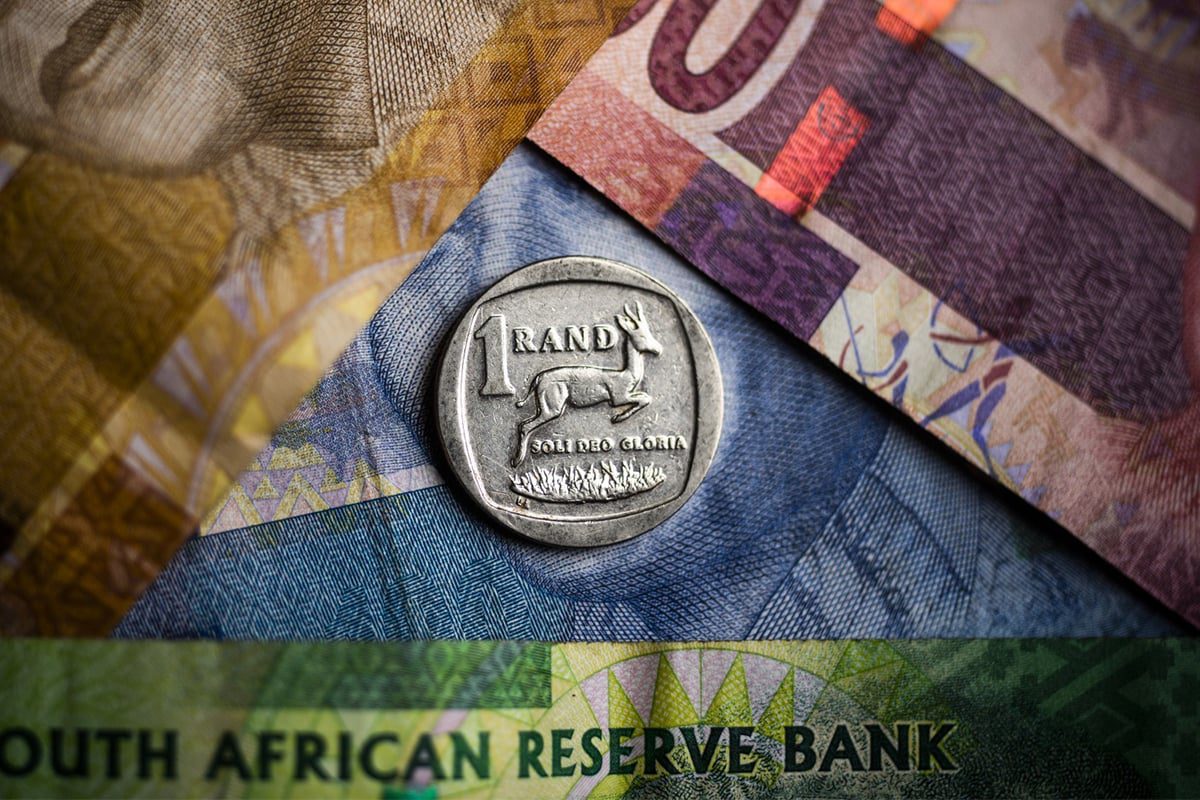Global Courant 2023-04-21 17:25:00
Neil Roets, the CEO of Debt Rescue, says more and more South Africans are turning to credit to get through each month as they can no longer afford to keep their lights on.
A recent survey by the group, with more than 1,000 respondents, found that 77% said the cost of electricity has become prohibitively expensive, while 89% added that it will significantly affect their budget.
This week, the country was thrust into Phase 6 all day long, which will most likely continue indefinitely — with the threat of moving to even higher levels hanging like a sword over the nation’s head, Roets said.
“This, in the same month that the massive 18.65% increase in electricity rates recommended by South Africa’s National Energy Regulator (Nersa) – and fiercely opposed from many corners – was implemented,” Roets said.
The CEO said 40% of surveyed respondents said they already spend between R500 and R1,500 a month to buy electricity and were simply unable to afford another increase.
This will result in South Africans facing another expense that eats away at their savings and damages their wallets.
Families earning the least spend a disproportionate amount of their income on basic necessities such as transport, electricity and food, Roets said.
Overall consumer price inflation reached 7.1% in March, up from the 6.9% analysts had expected and 7.0% the previous month. Roets said this was mainly driven by rising food prices.
Over the past 12 months, food inflation has increased by 14%, bringing annual food inflation to its highest level in 14 years.
Overdependence on credit and consumers tightening their belts were reflected in the latest results from both Capitec and Standard Bank.
Capitec, with more than 20 million active customers, said loan losses increased by 80% in the past financial year – totaling R6.3 billion.
Loan losses refer to when a lender (the banks in question) loses money because the person who borrowed money from them cannot pay it back.
For the first three months of this year, Standard Bank reported that loan losses are higher than a year earlier due to ‘busy customers and higher-than-expected interest rates’.
Capitec also reported that the average loan overdraft increased by 20%, personal loans by 12% and the average car loan by 15% over the 2022 period.
Charnel Collins, the CEO of National Debt Advisers, said that in a time of instant gratification and readily available credit, it is increasingly important for consumers to be aware of how they handle credit.
If not managed properly, these bad financial decisions can get you stuck in a debt trap, Collins said.
National debt advisers said that by 2024, South Africa’s household debt-to-income ratio is expected to reach 68%.
To best protect itself against the debt trap, the group recommended the following:
Set short and long term financial goals Stay on budget Create an emergency fund Pay off debts Increase your income Track your progress
Read: Warning about interest rates in South Africa








